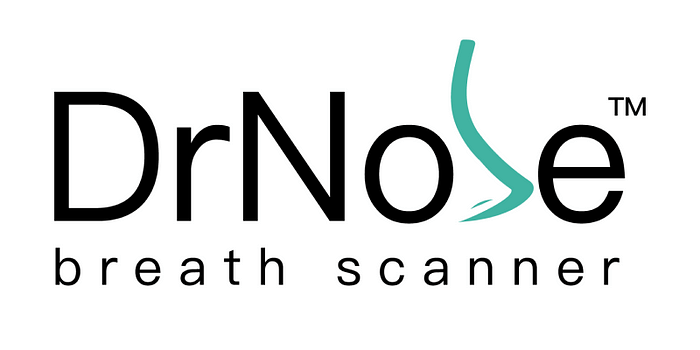DrNose exhibits HIGHEST Accuracy
DrNose is an Electronic Nose that uses exhaled breath to diagnose various types of early stage cancers and other diseases.
When a person begins to suffer from cancers and other diseases, their bodies secrete a number of toxic chemicals which travel through the blood. In the lungs many of these toxic chemicals get transferred to the air there and these can be detected in the exhaled breath of the person.
Israel is home to some of the most advanced cancer research in the world. Researchers at Ben Gurion University of the Negev in Israel conducted a study to assess the efficacy of different diagnostic methods for detecting early stage breast cancer. They have confirmed that DrNose achieved the highest accuracy at 95.2% as shown in the table below.
Comparison of diagnostic methods for early stage Breast Cancer:

DrNose’s higher accuracy can be attributed to its unique set of 6 sensors which were selected based on several years of testing from a pool of over 200 potential sensors and to its use of patented “Intuitive AI” technology which enables high accuracy with limited data-sets. Their tests were carried out using an older version of the DrNose technology so we expect the current level of accuracy to be even higher.
DrNose has additional advantages in that it is non-invasive, easy to administer and significantly less expensive than all the alternative diagnostic methods available.
Beyond breast cancer, DrNose can also be used to provide early-stage detection for a range of other cancers (lung, colorectal, prostrate and others) and almost a dozen other diseases such as cystic and pulmonary fibrosis, kidney, liver and gastro-intestinal diseases, asthma, COPD and diabetes.
Those interested in joining this journey for combatting cancer, either as an investor or licensee can contact mgmt@drnose.ai

Footnotes
#Early non-invasive detection of breast cancer using exhaled breath and urine analysis; Or Herman-Saffar et al. Computers in Biology and Medicine, Elsevier, April 2018
1. According to Ben Gurion University, the overall sensitivity of Mammography is between 75 and 85% and this can decrease to 30 to 50% in dense breast tissue. The accuracy for tumours in dense breast tissue can be increased using Dual-energy enhanced mammography but this exposes the patients to increased doses of X-ray radiation.
2. MRI imaging can provide higher levels of sensitivity. However, this technology is extremely expensive to set up and administer.
3. Another Electronic Nose better known for its industrial use delivered an accuracy of 85%.
4. The team also tested two electronic noses for exhaled breath one of which was DrNose.

